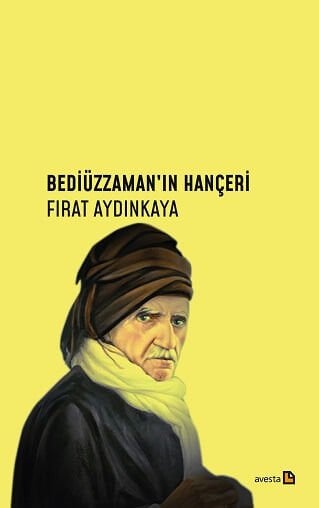
Bediuzzaman's Dagger
Bediüzzaman always carried a dagger on his waist throughout his life. By tracing this dagger, Fırat Aydınkaya created a different portrait of Saidi Nursi and discussed the Kurds' approach to violence, from Ehmedê Xanî to Hacî Qadirê Koyî.
“Bediüzzaman's Dagger” is a perfect but instructive instrument that symbolizes both the modern crisis of Kurdishness and the modern crisis of Islam in many ways. The "dagger metaphor" used throughout the work necessitates looking at the meta-narrative of violence and, in particular, looking back at the phenomenology and deconstruction of violence. So, throughout this study, we will pursue three main crises that concern us and are intertwined with each other. The crisis of modern Islam, the crisis of Kurdishness, and the (interpretive) crisis of violence itself, respectively.
Accordingly, in Islamic universalism, if the logos is the soul, the body is violence, and "the body is always dedicated to paying the debt of the soul." Contemplating the dissolution of the religious is the existential basis of Islamic modernity. In this regard, Islamic modernity has still not been able to resolve the methodological tension arising from the dominance of reason/translation and the dominance of martyrs operating like a factory of violence . Bediuzzaman's Dagger symbolizes exactly this essential tension.
| Publisher | : | Avesta Publications |
| Number of pages | : | 344 |
| Publication Year | : | 2020 |
| ISBN | : | 978-605-2246-81-8 |
| The heart | : | Turkish |


